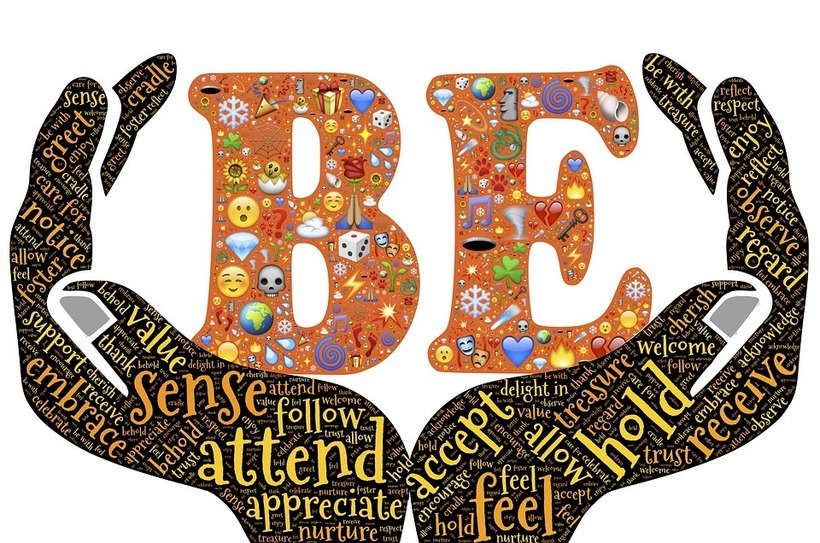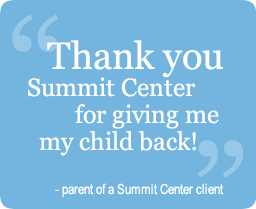Parenting is not about getting it “right” and there is no way to be a “perfect” parent. I say this as someone has spent a lot of time trying to do the “right” thing “perfectly”. Parenting humbles us and tests us in ways we couldn’t have imagined. There is no manual for your child or how to best parent her. There is no grading system or report card. There is only who your child is, how he feels about himself, your relationship with your child, and your child’s ability to cope in the world.
Here are a few things I have learned about being an aware parent as a parent and also as a psychologist, an author, and Co-founder of Parent Footprint:
1. Know where you come from…
How did your parents raise you? What was it like when you grew up at home? Did you like it, some of it, or none of it? How does how you were raised impact the way you raise your children? We all have our pasts, there is no way around it. Being aware about our past experiences and how they impact us today as individuals and parents is key to choosing how you want to raise your own children. If you want them to feel like you did, you may be able to do similar parenting as your parents. If you didn’t like how you felt, you can do it differently. Your past informs your present, and your present parenting.
2. Be aware of what you expect from your child…
Do you have expectations about your child’s behavior, grades, or work ethic? Of course you do, you may just not be fully aware of it. Our expectations for children are always in the background, or foreground, in a parenting situation. Where did those expectations come from? Is that what was expected of you? Are you doing the opposite of what was done to you? There is no right or wrong, the key is to be aware of what your expectations are for your child so you can choose your parenting behavior in line with your values.
3. Learn who your child is and what is important to her…
What does your child care about? What don’t they care about? Do you have interests and activities in common? Does your child show disinterest in what you care about? Is your child similar to you or different? We all have expectations for how we think our child should be and how we want them to be – it is normal. The question is whether we are accepting our children for who they are so they can find their path. The key is to be aware of who they are and what we are showing them about who they are.
4. Manage your emotions and reactions…
Do you yell at your child to stop yelling? Do you use foul language and tell your child to stop cussing? Do you react to your child because you are tired or had a difficult day? If you have done any of the above, you are normal. Being human can be hard and managing our emotions can be one of our biggest challenges. Regardless of whether we are tired, had a tough day, or feel we are being treated unfairly, it is important that we dig deep and manage our emotions as to react to our children in a measured way. We cannot expect our children to manage their emotions better than we do. We need to be aware of how we feeling, and how we are showing our feelings to our children. Take a breath, or two, and show your children how to remain calm in challenging situations.
5. Be the person you want your child to become..
Are you consumed by your role as a parent? Do you have no time for your own interests? Have you lost touch with your friends and people you care about? Do you have dreams that you have yet to fulfill, but want to? We are the models of what an adult looks like for our children. We often lose sight that being engaged in our own life is one of the most important elements of showing our children what we want for them. We need to take inventory and be aware of what is lacking in our life and where focusing on ourselves will improve our own lives. This focus and commitment to yourself will have an important impact on your child.
As you go about your parenting day be aware of yourself. Be aware of your thoughts, your expectations, your emotions, how you feel about who your child is, and how you feel about yourself. In parenting, there is no “right” or “perfect,” there is only being aware and choosing what you want to do about it.
This post first appeared on Huffington Post. PHOTO CREDIT: PIXABAY, CREATIVE COMMONS FREE IMAGE


